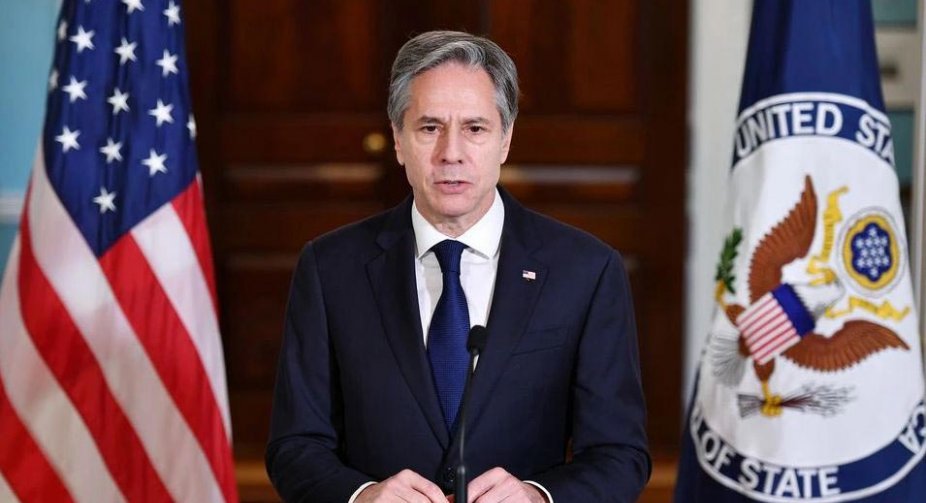The United States Department of State on Thursday announced the implementation of a new visa restriction policy targeting individuals in Georgia who are deemed responsible for or complicit in undermining democracy, along with their family members. This move accompanies a “comprehensive review” of bilateral ties, triggered by controversies surrounding a new foreign agents law.
In an official statement, the Department of State criticized the ruling Georgian Dream party for developing and passing a foreign influence law that it claims stifles freedoms of association and expression, stigmatizes organizations serving Georgian citizens, and impedes independent media. The law has faced significant opposition from Georgian citizens, with the US noting a campaign of intimidation and violence aimed at suppressing peaceful dissent.
The Department of State emphasized that these actions, including the so-called “national security law” and repressive tactics, undermined Georgia’s democracy and fundamental freedoms. It also said the actions were also contrary to Georgia's constitutional goal of Euro-Atlantic integration and its strategic partnership with the United States.
In response, the new visa restriction policy will target individuals responsible for suppressing civil society and freedom of peaceful assembly through violence or intimidation, the US Department of State said, with the policy extending to their immediate family members. The US reaffirmed its “longstanding support” for Georgia’s democracy, indicating that those undermining democratic processes or institutions, particularly around Georgia’s October 2024 elections, may be ineligible for US visas.
Secretary of State Antony Blinken announced a “comprehensive review” of bilateral cooperation, expressing hope that Georgia’s leaders would reconsider the draft law and advance their democratic and Euro-Atlantic aspirations.
In March, the Georgian Dream party resubmitted the bill, which had been retracted last year due to mass protests, and passed it in its third and final reading earlier this month. The President vetoed the bill, calling it a “Russian law.” Parliament will vote on the president's remarks and, if dismissed, will require at least 76 votes to override the veto. The constitution does not specify a timeframe for this process. Despite widespread protests and international criticism urging its rejection, the ruling majority intends to override the veto.
The bill requires non-governmental and media organizations with over 20 percent of their income from abroad to register in a specialized registry and submit annual financial declarations, with non-compliance resulting in a 25,000 GEL fine for the first offense. The Council of Europe’s Venice Commission recently recommended the law be withdrawn, warning that it could severely undermine freedoms of association, expression, privacy, public participation, and non-discrimination. Georgian Dream party leader Kobakhidze dismissed the Commission's opinion as lacking substantial legal arguments and being full of "absurd entries and lies".






